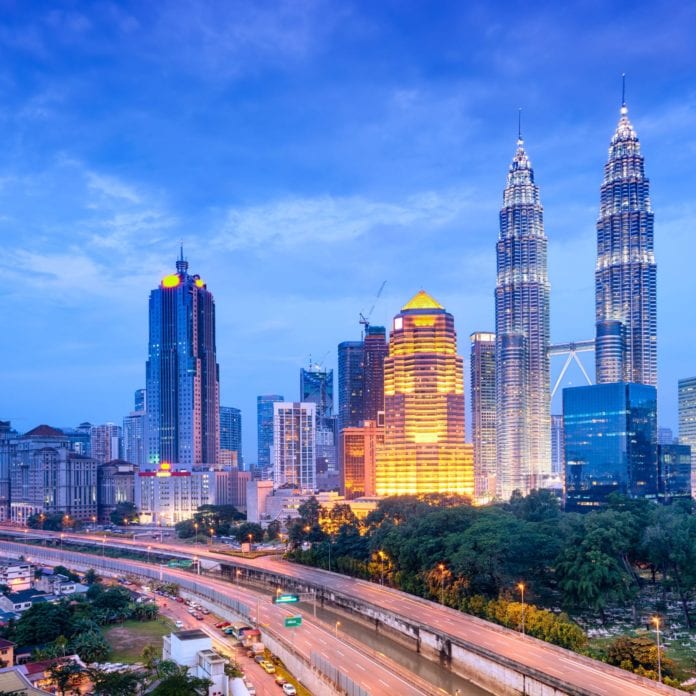Malaysian Prime Minister not afraid of Huawei: ‘But what is there to spy (on) exactly in Malaysia?’
The Prime Minister of Malaysia Tun Dr. Mahathir Mohamad said the country is on track to commercially launch 5G technology in the third quarter of 2020 and hopes the technology will serve as the infrastructure for economic growth.
“If we apply 5G properly, the development of Malaysia will take a much shorter time. Maybe not 2030, maybe by 2035, we should achieve our objective of becoming a developed country,” Mahathir told reporters on Monday.
The prime minister said that the technology will drastically change the way things are done, stating: “The convergence of 5G and different industrial sectors […] presents new opportunities for industries, society and individuals to advance their digital ambitions, and deliver new and better services.”
The government is confident that 5G will bring economic benefits, with the Malaysian Institute of Economic Research projecting the launch of 5G services to inject up to 12.7 billion ringgit ($3.1 billion) into the economy between 2021 and 2025 and create more than 39,000 jobs.
Despite the United States’ continued pressure to exclude Huawei from 5G network builds around the world, the Chinese tech company entered a formal agreement with Maxis, one of Malaysia’s major telecommunications companies, in October to provide 5G radio equipment, services and knowledge to help build the country’s 5G network.
Mahathir defended the decision to work with Huawei, claiming the company has made “tremendous advances” in technology and Malaysia is not concerned about espionage.
“Yes, there may be some spying. But what is there to spy (on) exactly in Malaysia? We are an open book,” he remarked at a business forum in Tokyo.
Huawei has also signed preliminary 5G agreements with other Malaysian telecom companies, including Celcom and Telekom Malaysia, with Nokia also finding some success in the in the Asia-Pacific country.
According to Communications and Multimedia Minister Gobind Singh Deo, the country is keeping its options open.
“At this point in time, Huawei is not the only group that we are looking at for 5G rollout. We are also looking at other companies. It is a question of what they propose and how we can work with them, and security aspect will be analyzed,” he elaborated.
In addition, Oppo has announced plans to bring 5G-enabled smartphones to the Malaysian market, further suggesting the country’s readiness to take part in the next generation of cellular technology.
Fifty-six sites across Malaysia have been chosen for 5G technology testing in a variety of fields, including health care, agriculture, education, public safety and tourism.

